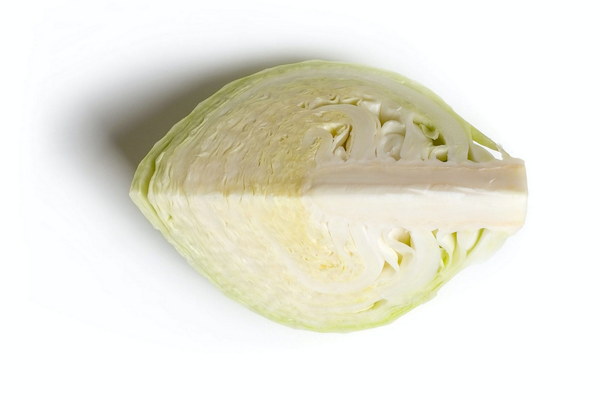Can Eating Oranges Protect the Liver in Children
In recent years, there has been a growing interest in the health benefits of fruits and vegetables. One fruit that stands out for its potential health benefits is the orange. Many people are curious about whether eating oranges can protect the liver in children. In this article, we will explore the topic and provide insights into the potential benefits of oranges for liver health in children.

The liver is a vital organ responsible for filtering blood, metabolizing nutrients, and detoxifying the body. In children, liver health is crucial for proper growth and development. While there are numerous factors that can affect liver function, including genetics, diet, and lifestyle, incorporating liver-healthy foods into the diet can play a significant role in maintaining optimal liver function.
Oranges are a nutritious fruit that is packed with various vitamins, minerals, and antioxidants. The most well-known of these is vitamin C, which has been linked to numerous health benefits, including liver protection. Let's delve deeper into the potential benefits of oranges for liver health in children.
1. High in Vitamin C: Vitamin C is an essential nutrient that plays a crucial role in the body's immune system, skin health, and wound healing. It also acts as a powerful antioxidant, helping to neutralize harmful free radicals that can damage liver cells. Studies have shown that vitamin C can improve liver function and reduce the risk of liver diseases in children.
2. Rich in Flavonoids: Oranges contain a variety of flavonoids, such as hesperidin and naringenin, which have been found to have liver-protective properties. These compounds help to reduce inflammation, improve liver function, and prevent the accumulation of fat in the liver. This can be particularly beneficial for children with non-alcoholic fatty liver disease (NAFLD), a common condition among children and adolescents.
3. Detoxifying Properties: The liver is responsible for filtering toxins from the body, and oranges can aid in this process. The high water content and natural diuretic properties of oranges help to flush out toxins and waste products, reducing the burden on the liver. This can lead to improved liver function and overall health in children.
4. Promoting a Healthy Diet: Encouraging children to eat oranges can be a fun and nutritious way to promote a healthy diet. Oranges are a great source of fiber, which can help regulate digestion and prevent constipation. A balanced diet rich in fruits and vegetables can lower the risk of liver diseases in children.
5. Supporting Immune System: A healthy liver is essential for a robust immune system. Oranges are loaded with vitamin C, which is vital for maintaining a strong immune response. By providing children with a source of this vital nutrient, oranges can help protect them from infections and other health issues that may affect the liver.
In conclusion, eating oranges can potentially benefit liver health in children. The high vitamin C content, along with the presence of liver-protective flavonoids, can aid in maintaining optimal liver function. However, it's important to note that while incorporating oranges into a balanced diet can be beneficial, it should not replace medical advice or treatment for existing liver conditions.
To maximize the liver-protective benefits of oranges, children should be encouraged to consume them in moderation as part of a varied and balanced diet. Parents and caregivers can make oranges more appealing by offering them in various forms, such as fresh slices, juice, or as a topping for salads and desserts.
In summary, while more research is needed to fully understand the extent of oranges' benefits for liver health in children, incorporating this nutritious fruit into their diet can be a positive step towards maintaining optimal liver function and overall health.









